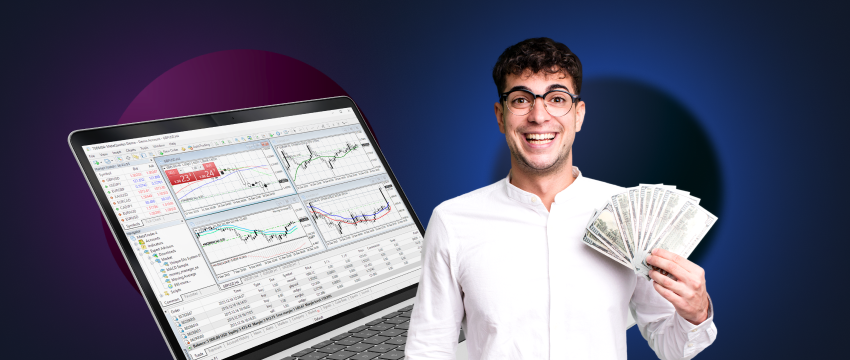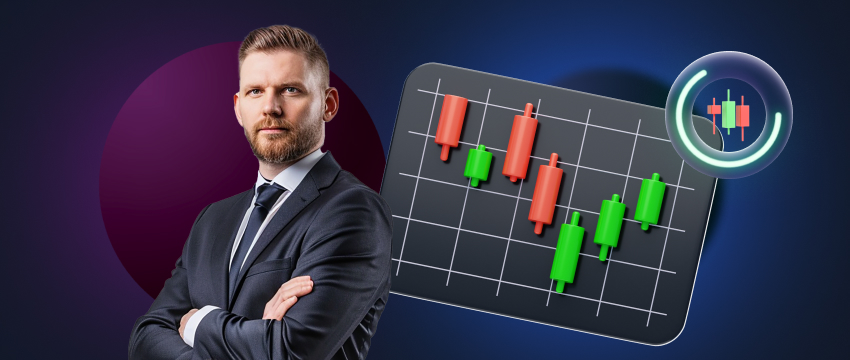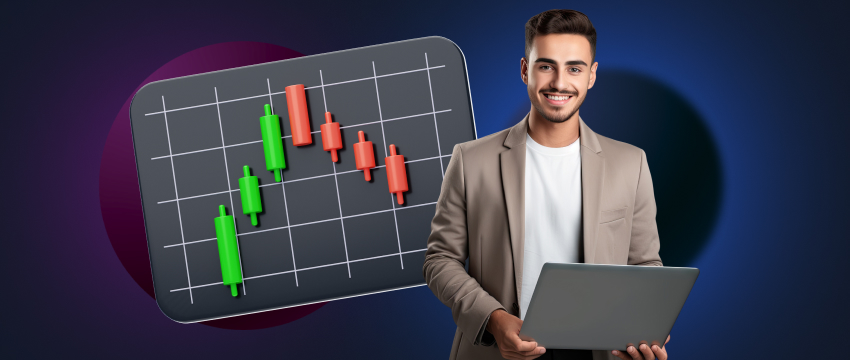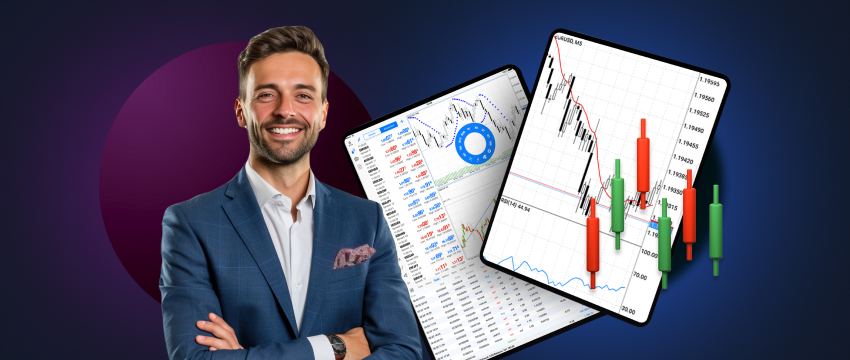Retail forex traders are likely to achieve varying levels of success, depending on the scope of knowledge, skills, and trading psychology.
This is not to say that a beginner can’t become successful in forex trading. Rather, their potential for success lies in how much time they’re willing to invest in boosting their know-how, and the degree to which they can manage risk effectively.
So, how does someone who’s only at the beginning of their trading journey get started?
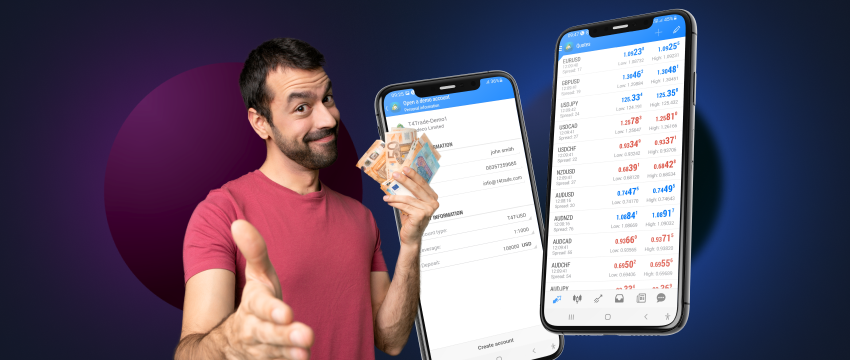
Forex key terminology
The first step is to acquire an in-depth understanding of the forex basics.
Ask yourself, how much about forex trading do you know? What are you trading? Where? How? What are the risks involved? Your potential for success will increase only once you fully inform yourself. To help you out, here’s a beginner’s guide to some forex fundamentals:
What is the forex market?
- It’s an online, decentralised marketplace where currencies are traded electronically, over the counter (OTC). The largest markets include Hong Kong, London, Singapore, Sydney, New York, Tokyo, etc, and are open 24/5. Trading sessions open and close according to each city’s relevant time zone. A network of computers and trading terminals connects the markets.
Who trades on the forex market?
- The majority of currency traders are commercial and investment banks, multinational corporations, hedge funds, and other financial institutions. Retail forex trading accounts for approximately 5.5% of the entire forex market worldwide.
How does forex trading work?
- A trader buys one currency and sells another in an attempt to make a profit from the trade. In other words, traders exchange currencies against each other. The first currency listed in a currency pair (on the left) is the base currency. The second currency, the one on the right, is the quote currency.
What currencies are traded?
- The most popular currency pairs traded are called the majors. There are 7 major currency pairs and they are EUR/USD, USD/JPY, GBP/USD, USD/CHF, AUD/USD, USD/CAD, and NZD/USD.
- Traders also trade the minor pairs which are currency pairs that don’t include the USD. The majors are highly liquid, with the minors slightly less so. Traders may also dabble in minor currency pair trading.
- Exotic currencies originate from countries with smaller financial markets, less stable economies, and lower volumes of trading.
What are forex CFDs?
- One of the most popular ways in which currency pairs are traded is via Contracts for Difference (CFDs). The CFD allows the trader to speculate on the price movement of currency pairs without having to take ownership of the underlying currencies.
Leverage meaning in Forex
- Traders often use leverage to magnify the power of their trades. Leverage refers to borrowed funds that a trader will use to open larger positions, beyond what their own limited capital can accommodate.
- Traders will usually borrow those funds from their forex broker. Highly leveraged financial derivatives, CFDs carry high risk. This is because while leverage can amplify wins, it can also magnify losses, and if not properly managed, can threaten one’s money.

Trading in practice
Once a beginner has learned the aforesaid key points, the second step is to gain a more practical understanding of trading, beyond the theory. The parts of trading that the trader will engage in daily, for e.g. executing a trade, technical analysis, fundamental analysis, risk management, trading strategy, etc. There are many ways to gain this education.
1. Popular resources:
Podcasts offer a convenient way to learn about forex, providing insights from a range of experts. Webinars, usually led by industry professionals, are live sessions that allow real-time interaction, making them more appealing for gaining a deep understanding of forex, covering both fundamental and complex strategies.
Seminars are in-person events where global traders can learn and network, enhancing the educational experience through interaction. Blogs, often free, are popular for their extensive information on trading tips, strategies, and market analysis, while e-books provide in-depth analysis curated by financial experts.
Videos, particularly on T4trade YouTube, offer thousands of free resources for traders of all levels. For a more structured approach, trading courses also deliver a comprehensive, step-by-step guide to forex trading.
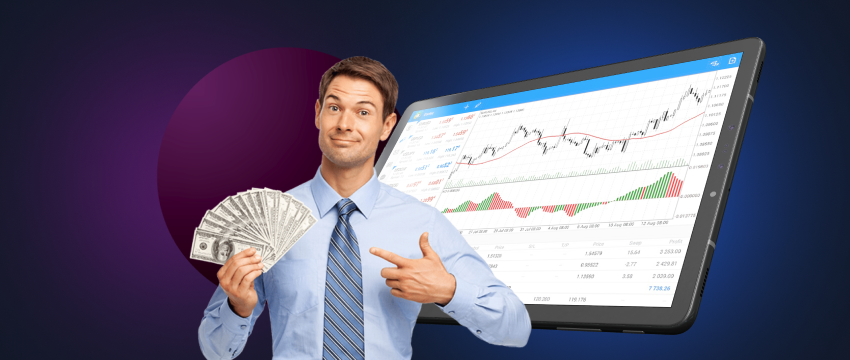
2. Demo trading account:
For someone looking for a more hands on, practical approach to learning forex trading, a demo trading account is a great tool. For one, it provides a trader with virtual funds with which they can open and close positions, and measure outcomes, all the while ensuring their own capital is safeguarded.
They can use the demo account to learn how to use technical and fundamental analysis, and to deploy different trading strategies until they find one that best aligns with their budget, risk tolerance, and expertise.
3. Trading tools:
There are a variety of tools a beginner trader can make use of to power their trades that, whilst not traditional resources, can boost one’s trading experience exponentially. An economic calendar is one such tool. It records scheduled dates of important releases or events that may impact trading outcomes. This includes central bank announcements, employment data, interest/inflation rates, etc.
It’s important to remember that ongoing learning is a vital component of successful forex trading. In other words, learning should never stop. With advancements in technologies, AI, trading platforms, and the like, it remains vital that traders stay informed to mitigate adverse financial decision making.
Developing a plan
There will come a point where a beginner trader will have gained the confidence to move to real live trading. It’s at this point that building a trading plan becomes critical. The plan will typically outline the trader’s goals, their budget, the level of risk they’re willing to incur and the techniques they’ll use to reduce that risk, and the strategy they’ll deploy for trade execution.
Having an effective plan in place offers the trader a framework – a set of rules if you’ll have – by which they’ll trade. It gives the trader focus and helps them to stay more disciplined. A trading plan allows the trader to make trading decisions driven by research and data rather than off feelings.
Which leads us to trading psychology and the importance of getting a good handle on it to be able to make rational financial decisions. Emotional resilience is a core part of forex trading. The forex market is the largest and most volatile market in the world after all. It requires grit, patience, and a deep measure of control to manage its complexities.
Risk management
A beginner has the potential to achieve success in forex trading provided they take the appropriate steps to reduce risk. Forex traders will usually use stop loss and take profit orders to avoid losing their capital.
They’ll likely be mindful of position sizing, starting off small at the beginning and moving to larger trades once they’ve gained the appropriate experience. They may even consider portfolio diversification to avoid losing all their money on one trade, instead, spreading the risk across multiple assets.
Become a T4Trade trader
Are you a beginner trader in the process of selecting a broker with whom to trade? T4Trade is a popular broker used by traders across the globe. The broker offers a highly engaged, 4/5 multilingual customer support team, cutting-edge trading platforms, and flexible trading conditions.
T4Trade traders can choose from 300+ trading instruments across 6 asset classes, and enjoy flexible leverage, competitive spreads, quick execution and convenient deposit and withdrawal options.
Traders can also opt for a trading account that best suit their needs and individual preferences. The T4Trade Academy is also a phenomenal learning resource if you’re looking to widen your scope of forex related knowledge.
Disclaimer: This material is for general informational and educational purposes only and should not be considered investment advice or an investment recommendation. T4Trade is not responsible for any data provided by third parties referenced or hyperlinked in this communication.
